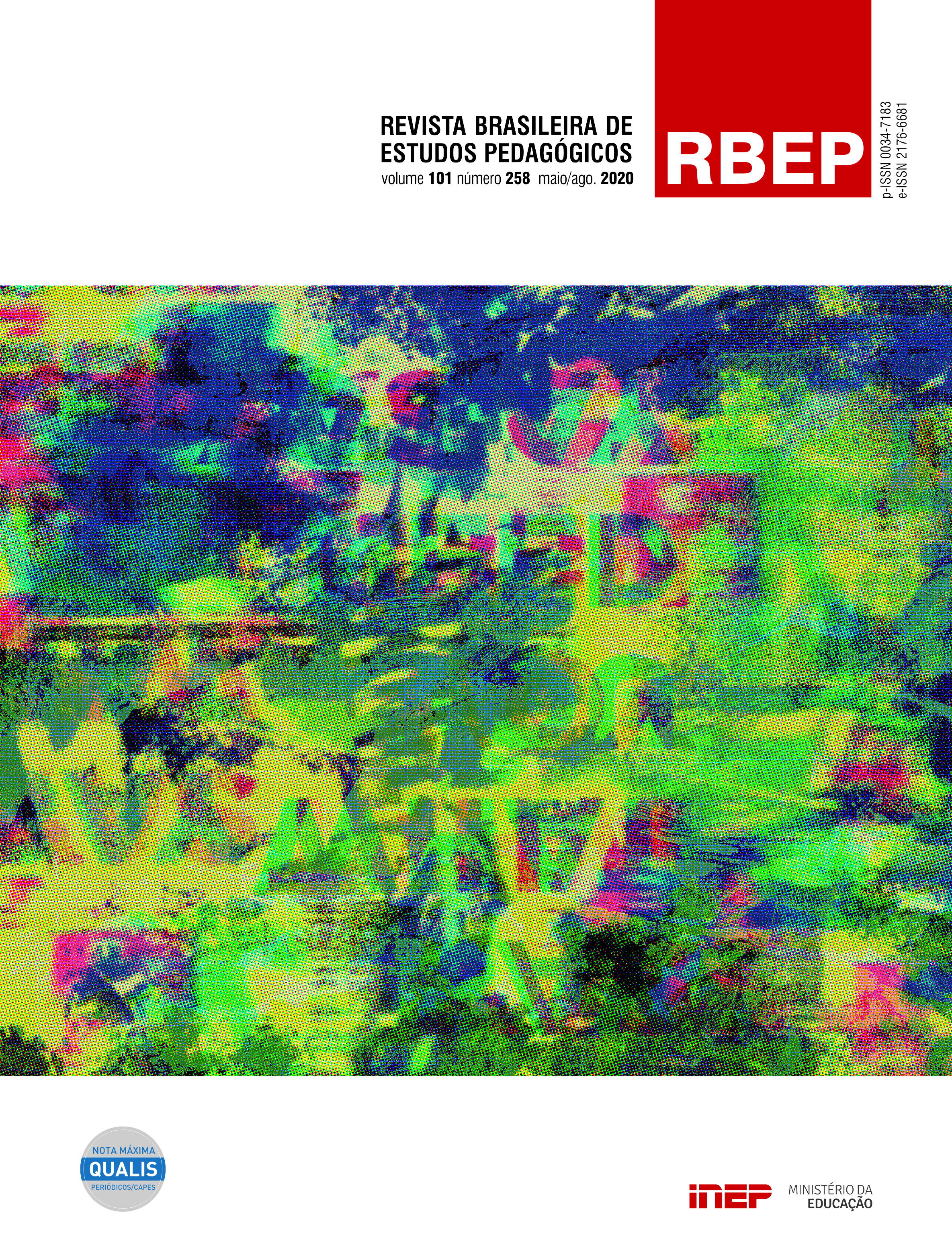Talks about fraud: analysis of news articles on cases of fraud in racial quotas in universities of Minas Gerais
Abstract
This paper presents an empirical research aimed at understanding how cases of fraud on affirmative action policies for black, brown and indigenous people were approached on websites of major news outlets of
Minas Gerais. Content analysis (Bauer, 2002) was used as a methodological tool to identify the sources and discourses used by the media to cover these legal violations. To understand the arguments in the news, this research employed literature on identity (Taylor, 1998) and affirmative actions in Brazil (Daflon and Feres, 2012; Santos, 2015), as well as the notion of a media device (Antunes and Vaz, 2006). Sources used by the newspapers were grouped into seven categories: black activism and whistleblowers, lawyers, student entities, the Federal Government, experts, fraud suspects and universities. As a result, it was observed that suspects of fraud justify their self-declaration as brown due to family origin / ancestry, while experts and activists stress that ethnic-racial physical traits (in short, phenotypic characteristics) should be used as a tool for racial classification, in view of the racism-related experience in Brazil.
Downloads
Once their work is accepted for publication, author’s copyrights are automatically relinquished to the National Institute for Educational Studies and Research Anísio Teixeira (Inep).
Since 2016, the journal Revista Brasileira de Estudos Pedagógicos (RBEP) uses the licence CC-BY.
Partial or total reproduction of the content of this Journal is permitted provided that the original publication is properly referenced, as well as a link to license CC BY 4.0 and to indicate any possible alterations made to the article.




















